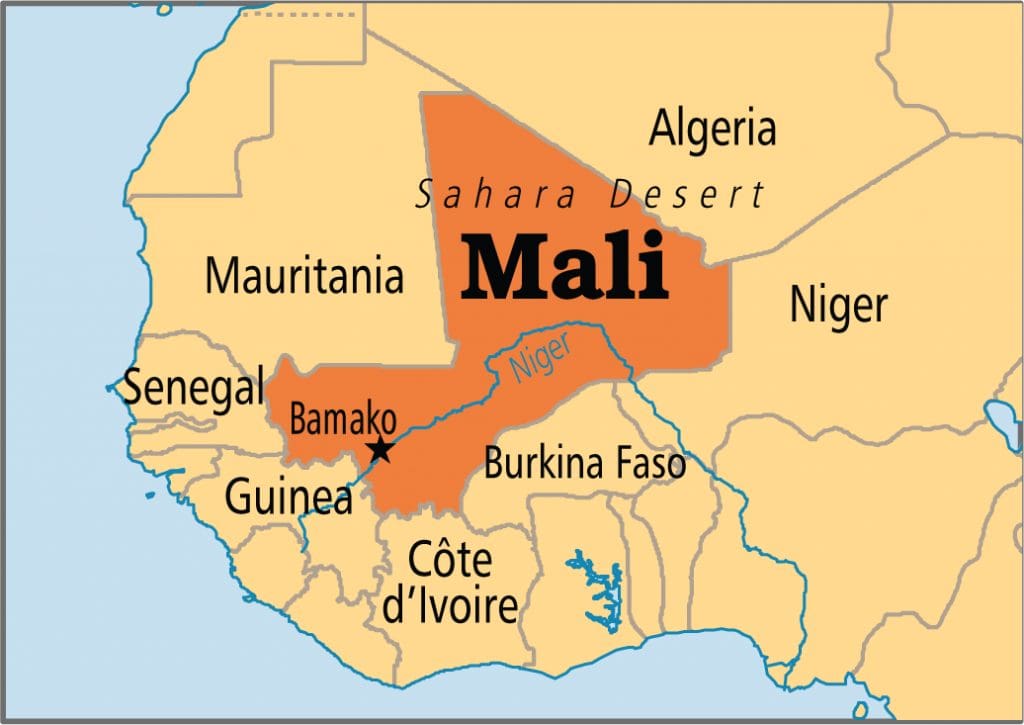The restructuring of the Malian army, one of the key points of the Algiers agreement, constitutes “a double-edged sword,” Seydina Ousmane Zina, Associate Professor in Political Science at the University Alassane Ouattara of Bouake (central Cote d’Ivoire) told APA in an interview.
How do you analyze the return of the Malian army to Kidal?
This is quite logical. This is part of the return of the central state to Kidal, which, for a long time, was the seat of armed terrorist groups. And it still is. Sending the Malian army back to that area is a strong symbol. This shows that President Ibrahim Boubacar Keita wants to guarantee Mali’s territorial integrity.
It also aims to build confidence within the troops by not showing signs of weakness; in fact leaving Kidal is tantamount to giving carte blanche to the armed groups in this part of the country. Despite the setbacks suffered, the army must be there. I think that this is the strategy of the Burkinabe armed forces which, despite the advance of terrorists in places like Djibo, continue to deploy elements. This is a strong signal sent to the jihadists.
It is a reconstituted army, including ex-rebels. Do you think it is able to secure northern Mali?
Reorganizing the army with ex-rebels is a double-edged sword; it can be a force. Experience shows that when ex-rebels, integrated into the army, play fair and are for the Republic, it is a pledge of pacification. On the other hand, when ex-rebels inside the army have hidden agendas, it can backfire on the army.
We saw this during the presidency of Amadou Toumani Toure in Mali. He managed to integrate former Tuareg rebels. But then we saw how some of these ex-rebels turned against the State. Also in the Ivorian context, we saw mutinies by ex-rebels when they had been integrated into the army.
It’s really a double-edged knife. When it works, it is a guarantee of lasting peace. In addition, intelligence, networks … of former terrorists may be made available to the military. But when it doesn’t work, it can further weaken the State.
Is the Malian army sufficiently equipped to face the jihadist threat?
They are not. Besides, it’s the case for all armies in the Sahel, the States of which are fragile. The questions of training, military ethics and republican engagement are acute. The socio-political context of these States does not help these armies either. Those in the Sahel States are learning to counter the new threats.
In the Ivory Coast, it was recently that an anti-terrorism academy was set up, in collaboration with France. Its role will be to study the terrorist fact and help this country and the others of the Sahel to understand this phenomenon in order to fight it effectively.
The new forms of threat force us to rethink military action. In view of the complexity of these armed movements, when we observe the defeats of the armies for a period, we conclude that they are not ready enough to curb terrorism. They can succeed, if they work in unison.
What about the Barkhane Force?
The reorganization of the Malian army does not mean the disappearance of an international force. The current security context justifies the presence of the French Barkhane Force. This is why, President Emmanuel Macron asked for a clarification from the heads of state of the Sahel.
They said it is important that elements of the Barkhane Force remain in place. And the Nigerien president, Mahamadou Issoufou has argued that an international force is needed to fight terrorism. It is also a threat at the gates of Europe.
International forces intervene for a given time and within the framework of a well-defined mandate. It is up to the national forces to gradually take over the reins of the security issue to facilitate the departure of foreign forces.
In the Ivorian context, for example, President Alassane Ouattara reassured UNOCI (UN Operation in Cote d’Ivoire) on his desire to manage the army. It thus allowed the departure of this international force, even though it still has a branch in this country.
It is a political will to show that the army is back. But it is not a complete break with international forces. As a matter of fact, they are still useful, in this terrorist context and we cannot afford to hasten their departure from fragile states.
ID/te/fss/abj/APA


